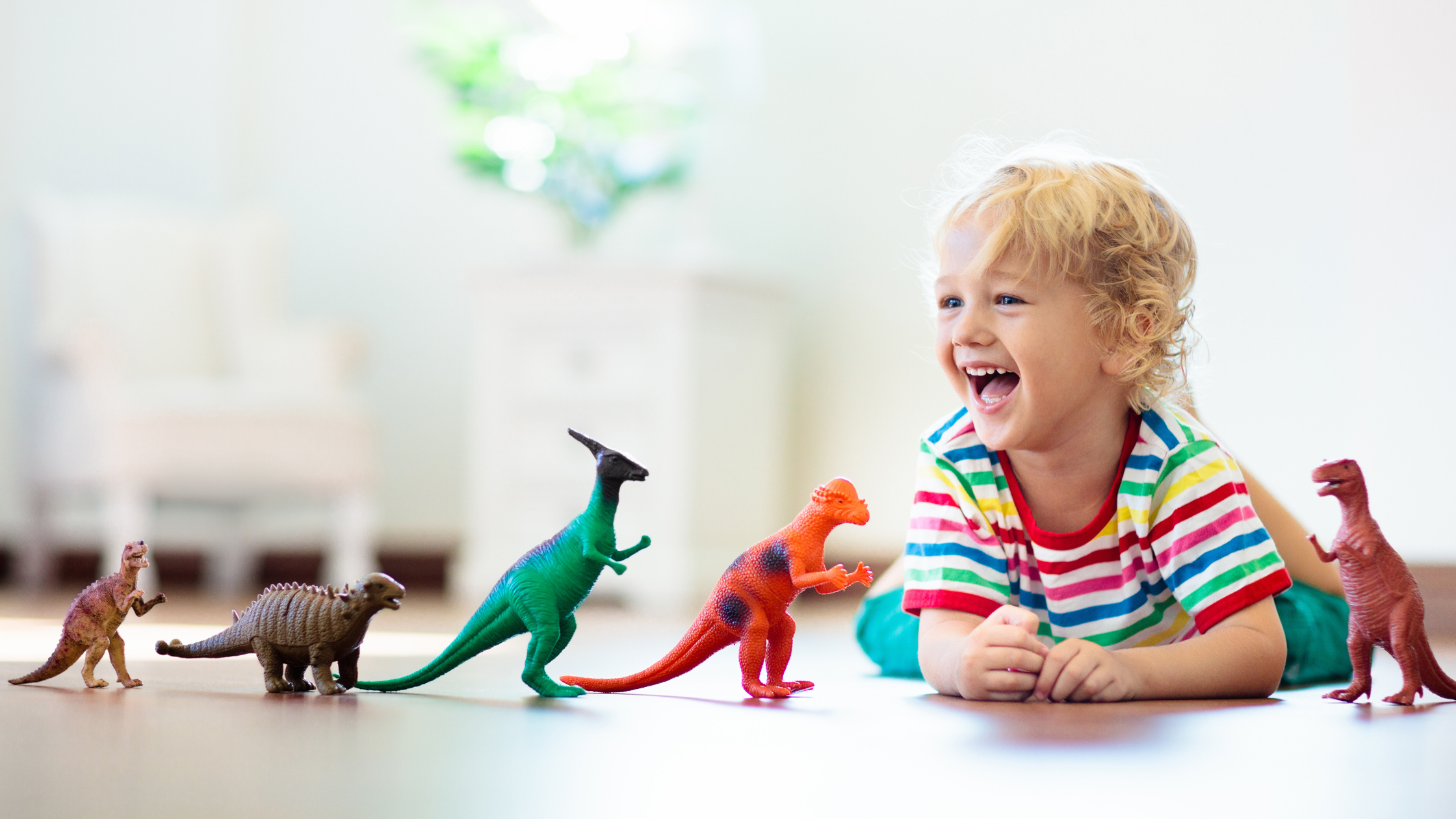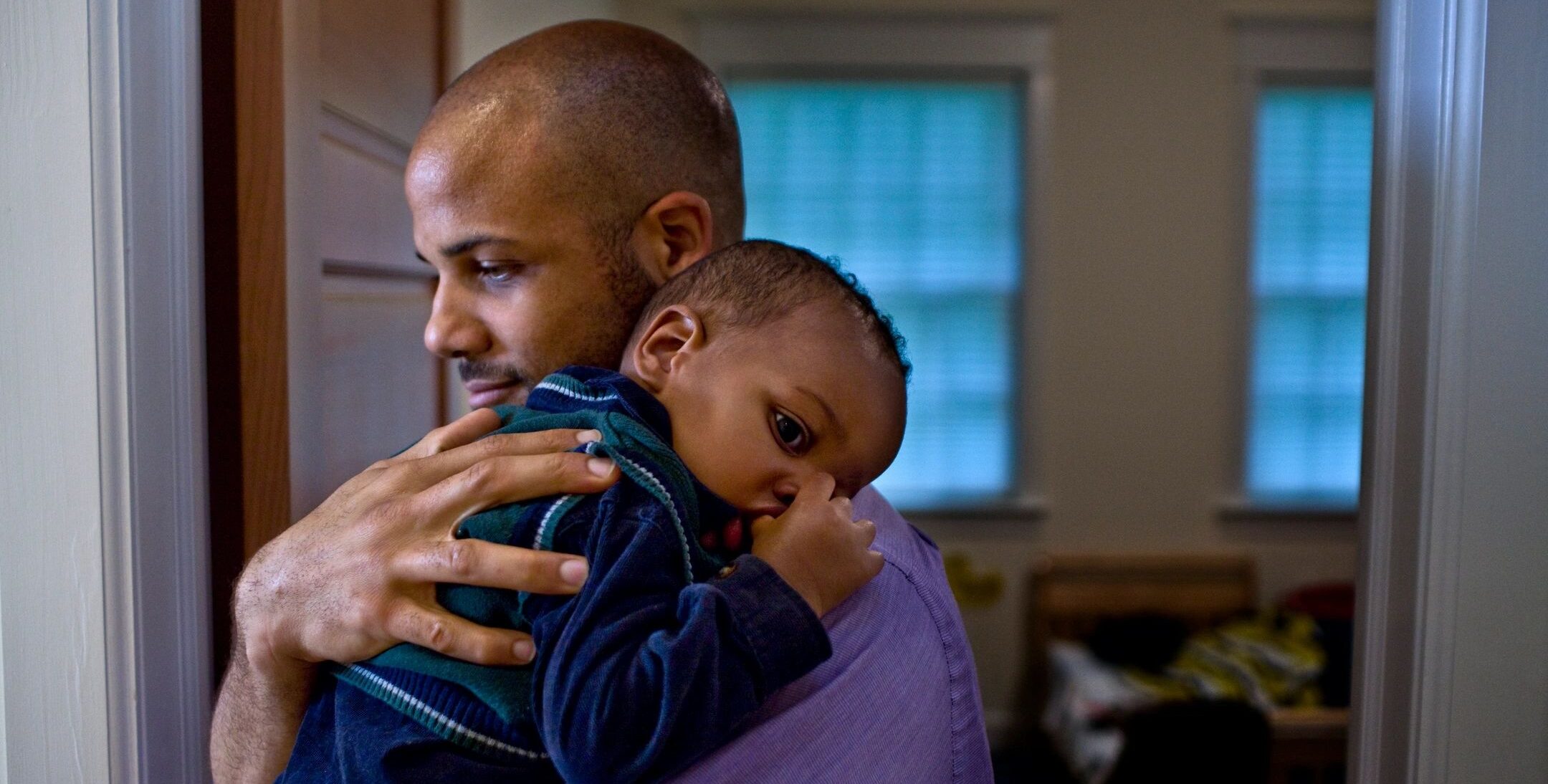Play is the foundation of learning during a child’s preschool years. It is through play that children explore their environment, develop essential cognitive and social-emotional skills, and begin to understand the world around them. More than just a way to pass time, play is a critical component of healthy development. In her book Rest, Play, Grow: Making Sense of Preschoolers, Dr. Deborah MacNamara emphasizes that “play is the work of the child,” underscoring its significance in fostering the growth of young minds.
The Social-Emotional Benefits of Play
One of the most significant benefits of play for preschool-aged children is the development of social-emotional skills. When children engage in play—whether it’s structured or unstructured—they learn how to navigate relationships, cooperate with others, and manage their emotions.
Through pretend play, for example, children practice empathy and emotional regulation. Acting out different roles, such as playing house or pretending to be a doctor, helps them understand different perspectives. Research by Whitebread et al. (2017) shows that play, particularly in a social context, fosters emotional competence, which is essential for building resilience and healthy relationships later in life. Children learn how to take turns, share, negotiate, and handle conflicts—all crucial social skills that lay the groundwork for future interactions.
In Rest, Play, Grow, Dr. MacNamara highlights that play helps preschoolers make sense of their emotions. It provides a safe space for children to express their fears, frustrations, and desires. “When children are allowed to play without adult agendas, they are free to express what lies beneath the surface,” she explains. This freedom helps them better understand their emotions and develop the self-regulation needed to manage those emotions in more complex social situations.
Cognitive Skills and Executive Function Development
Play also plays a pivotal role in the development of cognitive skills, particularly executive functions such as working memory, cognitive flexibility, and inhibitory control. These skills are necessary for problem-solving, planning, and focusing attention, which are crucial for academic success.
Research has shown that pretend play is a powerful tool for building executive function skills. A study by Berk and Meyers (2013) found that children who engage in more pretend play show higher levels of self-regulation, improved memory, and enhanced cognitive flexibility. These skills are the foundation of critical thinking and enable children to manage tasks and challenges as they grow older.
During play, children practice setting goals, developing strategies, and adjusting their actions based on outcomes. Open-ended play—such as playing with blocks or drawing—provides endless opportunities for children to practice these skills, as they must continuously adapt to new situations and solve problems on their own.
The Importance of Open-Ended Play
Open-ended play, where there are no fixed rules or specific outcomes, allows children to explore their creativity and imagination freely. This type of play encourages problem-solving and decision-making, as children must decide what to do next and how to approach challenges.
Parents can support open-ended play by providing materials like building blocks, art supplies, and natural objects (e.g., sticks, stones, or sand) that allow for endless possibilities. Encouraging children to invent their own games or create stories using simple objects fosters their ability to think creatively and develop independent problem-solving skills.
Dr. MacNamara emphasizes the importance of not over-structuring a child’s playtime. She explains, “Play is where children learn the most about themselves and the world around them. We must resist the temptation to overly direct their play or make it too structured. The magic of play is in its spontaneity.”
Supporting Boredom and Imaginative Play
Boredom is often seen as something to avoid, but it can be an important catalyst for creativity and imaginative play. When children are bored, they are more likely to engage in creative activities and use their imagination to invent new games or stories. This type of play promotes cognitive flexibility and allows children to explore their interests without external pressure.
Instead of filling every moment with scheduled activities, parents can encourage moments of boredom by allowing unstructured time for their child to explore their environment. Dr. MacNamara advocates for giving children space to engage in “restorative play,” where they can recharge and engage in self-directed activities. This kind of play is crucial for the development of imagination and independent thinking.
Tips for Parents to Promote Play
Parents can support their child’s development through play by incorporating the following practices:
- Encourage Pretend Play:
Pretend or imaginary play helps children understand different perspectives and develop emotional regulation. Set up simple props, such as a toy kitchen or dress-up clothes, and let your child take the lead. Join in occasionally but allow them to direct the story. - Provide Open-Ended Materials:
Offer toys and materials that don’t have a specific purpose, like building blocks, playdough, or natural materials. Let your child decide how to use them, which fosters creativity and problem-solving skills. - Embrace Boredom:
Resist the urge to always entertain your child. Allow for moments of boredom, which encourage them to use their imagination. When children are bored, they often come up with the most creative and meaningful play experiences. - Create Space for Play:
Make sure your child has plenty of opportunities for unstructured playtime. Limit screen time and overly scheduled activities to ensure they have enough time to explore, imagine, and play at their own pace.
Conclusion
Play is essential to a child’s cognitive, social, and emotional development, particularly during the preschool years. As parents, fostering an environment that supports unstructured, imaginative, and open-ended play will allow your child to develop critical skills that will serve them well throughout life. By allowing children to explore, create, and express themselves through play, parents give them the tools to grow into well-rounded, confident individuals.
Want a workshop at your school? Get more info on how to book a workshop with Dr. Hovington HERE.
Sources:
- Berk, L. E., & Meyers, A. B. (2013). The Role of Pretend Play in Children’s Cognitive Development. Early Childhood Research Quarterly.
- Whitebread, D., et al. (2017). Play, Cognition and Self-Regulation: What Exactly Are Children Learning When They Play? Educational and Child Psychology.













